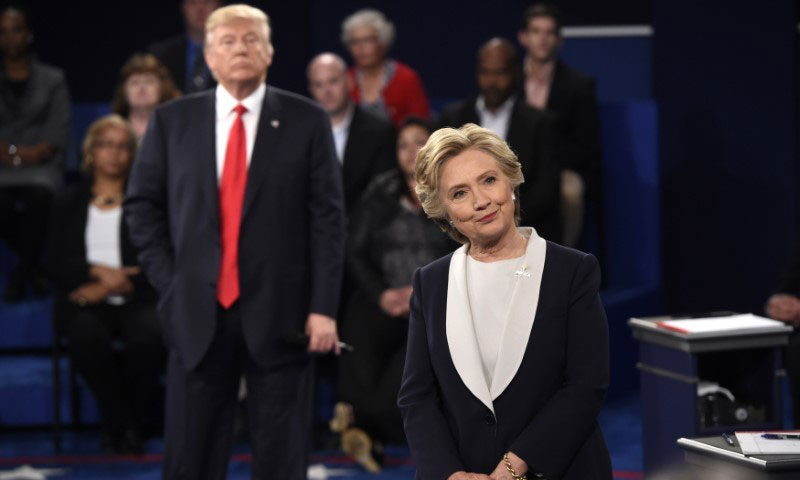
Study: Psychological Association Warns of Election-Season Stress
According to the American Psychological Association, more than half of all respondents to a recent survey said that the 2016 election is contributing to their stress level. Social media plays a significant role.
Is the 2016 election stressing you out? If so, as the American Psychological Association learned in its latest Stress in America survey, you’re far from alone.
The full survey doesn’t come out until next year, but APA this week shared the results [PDF] of the political portion of the survey ahead of next month’s election. More than half of the 3,511 adults who responded (52 percent) described the race between Hillary Clinton and Donald Trump as a very or somewhat significant source of stress, with 55 percent of Democrats and 59 percent of Republicans describing the election that way.
Lynn Bufka, Ph.D., APA’s associate executive director for practice research and policy, said the nearly equal split between political parties highlights how broad the problem is.
“We’re seeing that it doesn’t matter whether you’re registered as a Democrat or Republican—U.S. adults say they are experiencing significant stress from the current election,” Bufka said in a news release.
But a deeper dive into the data reveals some differences. The most stressed generations are matures (ages 71 and over) at 59 percent and millennials (ages 19-37) at 56 percent. While half of boomers (ages 52-70) say the election stresses them out, members of Generation X (ages 38-51) apparently are feeling it a little less, with only 45 percent reporting any sort of significant election-related stress.
Exposure to social media appears to be a big factor. More than half of social media users (54 percent) said the election is a source of stress, compared with 45 percent of adults who don’t use such mediums.
“Election stress becomes exacerbated by arguments, stories, images, and video on social media that can heighten concern and frustration, particularly with thousands of comments that can range from factual to hostile or even inflammatory,” Bufka said.
APA suggests that if you’re looking to relieve some of the pressure, now’s a good time to limit your media consumption, avoid political discussions, stop worrying about worst-case scenarios, and channel your concerns into more positive endeavors.
Oh, and they encourage you to vote, too.
Donald Trump, left, and Hillary Clinton during Sunday night's debate. (Saul Loeb/Reuters)






Comments